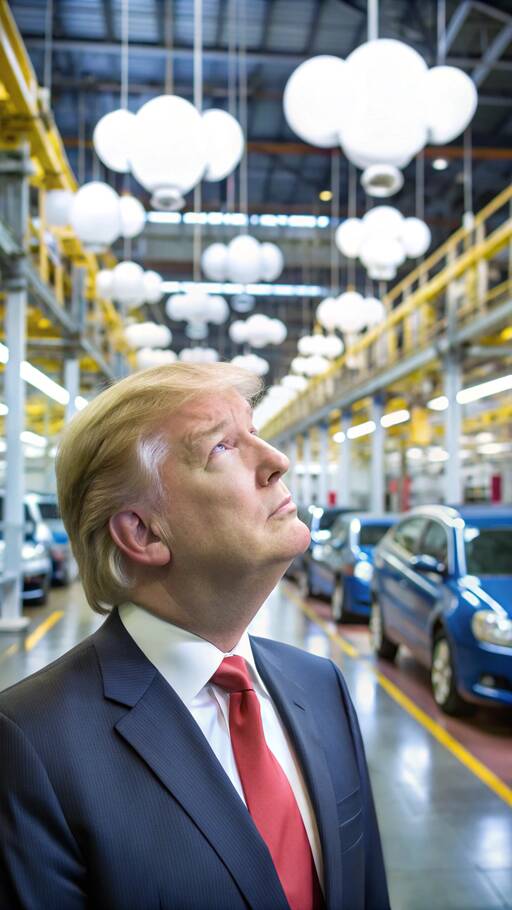
President-elect Donald Trump plans to implement a 25% tariff on goods from Mexico and Canada in 2025. This move is intended as a penalty for allowing illegal drugs and migrants to cross the border into the U.S. Additionally, he has suggested a 10% tariff on Chinese products on top of current duties.
American and European car manufacturers heavily depend on Mexico and Canada for vehicle production. Major players like Volkswagen, Stellantis, and Ford have significant operations in these countries. Imposing tariffs would necessitate costly investments to shift production back to the U.S.
Moving production facilities and retraining the workforce in the U.S. would be logistically challenging with limited time before the proposed tariffs take effect. Automakers and suppliers face increased costs, which would likely be passed on to consumers.
Consumers could experience higher vehicle prices and fewer options if these tariffs are enforced. Automakers may spread the cost burden across their entire product line, affecting vehicles even if they're produced domestically.
Trump's tariff announcements might serve as leverage in trade talks, pushing Canada and Mexico to address border issues. Historically, he has used similar threats to promote U.S.-based production, like during a previous tariff discussion with Mexico, which was ultimately withdrawn.
Trump's proposed tariffs on Mexico, Canada, and China could significantly impact car production and pricing. While these moves appear aimed at addressing border challenges, the broader implications could alter the automotive landscape for manufacturers and consumers alike. These tariff threats may also be strategic, serving as a negotiation tool in future trade discussions.